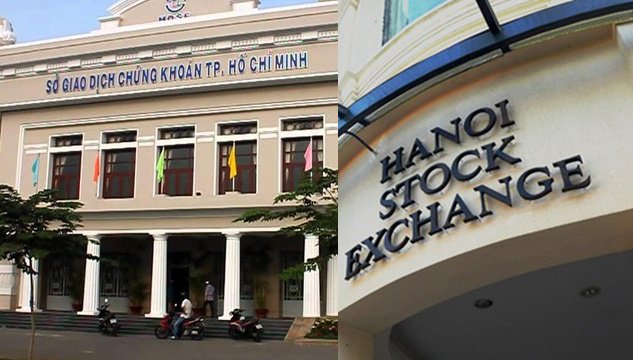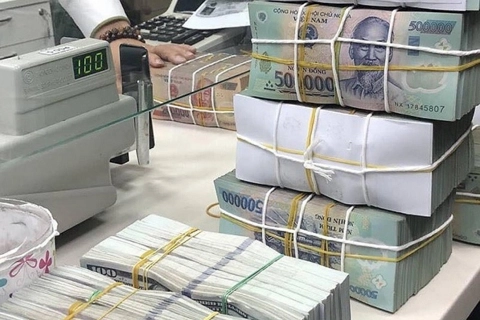Proposal to merge Hanoi and Ho Chi Minh City stock exchanges on hold
For the time being, the government would redefine functions and responsibilities of each stock exchange, ensure no overlapping in operations.
The proposal to merge Hanoi and Ho Chi Minh City stock exchanges has been put on hold for the immediate future, according to a government report.
| Illustrative photo. |
For the time being, the government would redefine functions and responsibilities of each stock exchange, ensure no overlapping in operations.
As a result, the Hanoi Stock Exchange (HNX) is responsible for government bond transactions and management of the derivatives market, while all shares listed in the market would be moved to the Ho Chi Minh City Stock Exchange (HoSE).
The HoSE now is home to the largest companies while the Hanoi bourse houses smaller ones.
The information was revealed at a National Assembly meeting on November 26 where the National Assembly approved the revised Securities Law with an endorsement of 445 out of 450 deputies present.
With regard to a potential merger of two stock exchanges, the Standing Committee of the National Assembly said the move would be in line with the government’s agenda under the strategic development plan of Vietnam’s stock market in the 2011 – 2020.
The establishment of a single stock exchange, therefore, is a necessary step to streamline the management system and use of harmonized technologies, criteria for listing, reporting, and disclosing information, among others, instead of two separate transaction systems and indexes at present, stated the committee.
According to the revised Securities Law, clauses No.43 and 46 now authorize the prime minister to decide the establishment, operation and related functions of the single stock exchange and its subsidiaries.
The Vietnam Stock Exchange would continue to act as the parent company with the two bourses being its subsidiaries. When the timing is right, the PM would decide on the establishment of a single stock exchange without having to revise the law.
Notably, the State Securities Commission (SSC), the country’s stock market watchdog, continues to be under management of the Ministry of Finance, instead of under direct management of the government as in a previous proposal.
The revised Securities Law also stipulates stricter punishments compared to previous version regarding violations of the security and safe operation of the stock market, aiming to increase the transparency of the stock market, greater efficiency in governance and ensuring legal rights of investors.












